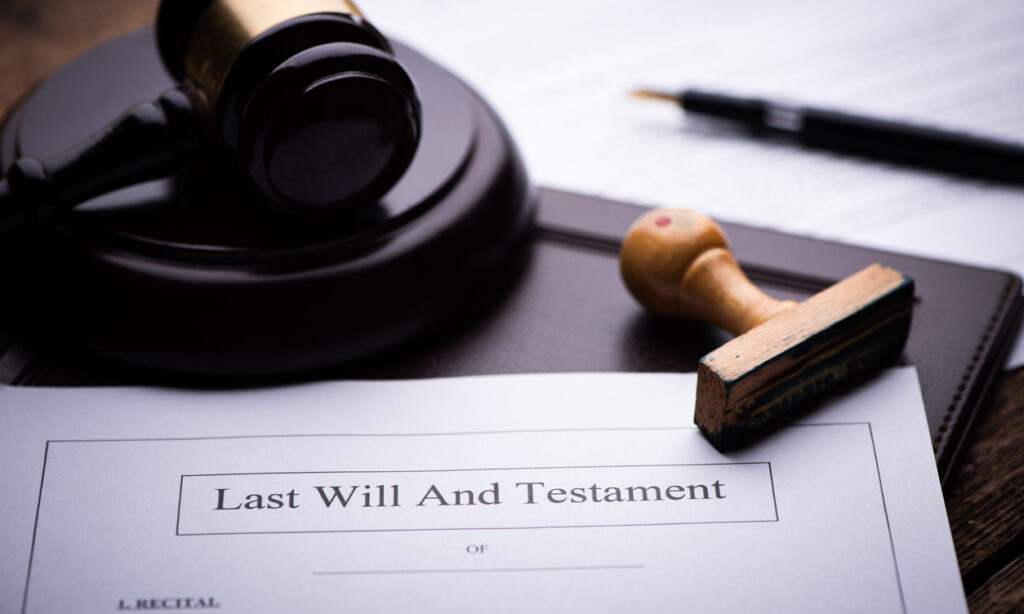Over recent years, we’ve seen a rise in disputes about funerals and the arrangements for burial or cremation.
This increase has come with changing family dynamics—second marriages, blended families, greater geographic distances, and varying beliefs about burial and cremation have all contributed. Disagreements are common when the deceased’s wishes aren’t clearly known, especially if they didn’t include them within their will.
Here, we’ll cover key issues in burial disputes, the law’s stance on who can make these decisions, and how families can resolve or even avoid these conflicts.
Who Has the Final Say on Burial Arrangements?
A common issue in burial disputes is determining who has the legal authority to make decisions about the deceased’s body. It’s a widely misunderstood area. Legally, there is no right of “ownership” of a body, but the personal representative (either the executor named in a will or the next of kin if there is no will) has the right to arrange burial or cremation. The law does not see the deceased’s body as property but emphasises the need for it to be treated with respect and dignity.
If a person dies with a will, their executor has the legal right to handle funeral and burial decisions. However, if they die without a will, the law prioritises certain family members to take on this responsibility, usually in this order: spouse or civil partner, children, parents, and then siblings. In cases where multiple family members hold equal priority, such as parents or children, differing views can lead to disputes.
The Role of a Will in Communicating Burial Wishes
Many people believe that if they state their funeral or burial preferences in their will, those wishes will automatically be honoured. In reality, this is not always the case. While a will can indicate someone’s intentions, these instructions are not legally enforceable. An executor may have the authority to make burial arrangements, but they are not strictly bound to follow any burial instructions in the will. This limitation can be frustrating for families who feel that specific wishes should be respected.
To avoid these issues, it’s wise to discuss funeral preferences openly with close family members, particularly those likely to be handling the arrangements. Making sure they understand the importance of following those preferences can often make a difference, even if the instructions are not legally binding.
What are the Common Causes of Burial Disputes and Possible Solutions
Burial disputes can be complicated by various family tensions. For example, conflicts are often seen in cases of remarriage, where the deceased’s current spouse and children from a prior relationship may disagree about the burial site or type of service. Cultural and religious beliefs can also play a significant role. Some family members may want to adhere to particular rituals, while others may have different preferences.
When families can’t agree, they sometimes turn to the court. In cases where there’s a stalemate, a court can be asked to grant someone limited authority to make arrangements. Courts aim to support the respectful and timely burial of the deceased and generally prefer decisions that align with the deceased’s wishes, family ties, and logistical feasibility.
Who “Owns” Ashes?
When a body is cremated, disputes sometimes arise over the ashes. The law on this is still evolving, but there’s a strong argument that ashes can be treated as property. Since cremation is a transformative process, it may mean that ashes, unlike an unaltered body, can be subject to ownership. By law, the person who arranged the cremation has the right to collect the ashes, and the crematorium must follow their instructions about their disposal.
However, if the ashes are left unclaimed, crematoriums have the right to scatter them in designated areas. To avoid disagreements, family members are encouraged to make clear who will be responsible for ashes and, if possible, to state any wishes about how they should be handled.
How to Avoid Burial Disputes?
Taking some practical steps can help avoid the conflicts that lead to burial disputes:
- Include burial wishes in a will. Including burial preferences in a will or a separate document helps convey your wishes to family members, even if they aren’t legally binding.
- Choose an executor carefully. If burial wishes are important, consider appointing an executor who is likely to honour these preferences. This person will be responsible for handling funeral and burial arrangements.
- Talk openly about burial plans. Open conversations about your funeral and burial preferences can reduce misunderstandings later. These discussions, while sometimes difficult, often help families avoid emotionally charged conflicts.
- Respect cultural and religious traditions. For families with specific cultural or religious customs, clarifying these in advance can help set expectations and reduce conflicts.
If You’re Facing a Burial Dispute
If a burial dispute arises, attempt to resolve it through open communication and a willingness to compromise. In some situations, mediation may be a useful way to discuss burial preferences in a neutral setting and reach a fair solution. If these approaches do not resolve the conflict, legal help may be necessary. With burial issues it is important to try and resolve matters or take legal action quickly as once a burial has taken place a Court is unlikely to order that the body is exhumed. A solicitor experienced in burial and probate law can guide you through the court process or offer alternative solutions to avoid lengthy and painful litigation.
While the law tries to uphold the dignity of the deceased, every family’s situation is unique. By taking proactive steps and discussing plans openly, families can help prevent disagreements and allow the deceased’s final wishes to be respected.



